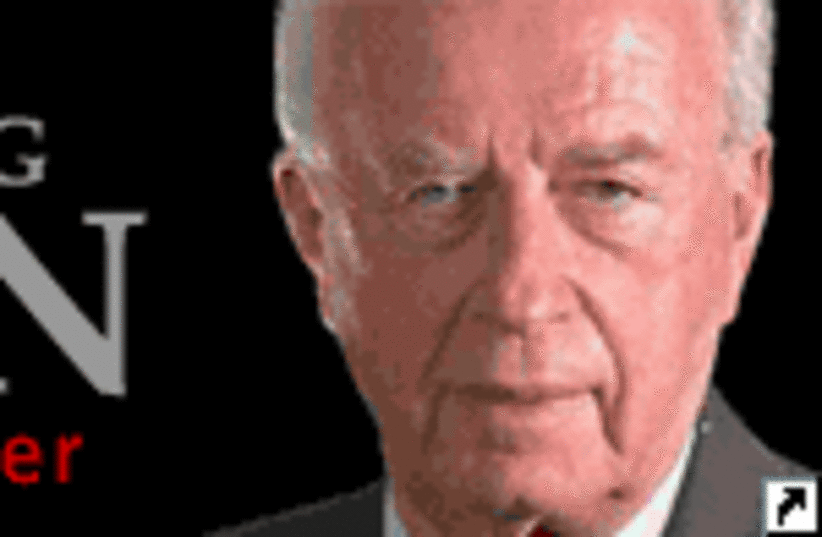| More about: | Yitzhak Rabin, Yigal Amir, Chaim Herzog, Tel Aviv University |
Commemoration vs denial
The struggle between our two cultures, the metro and the retro, continues.


| More about: | Yitzhak Rabin, Yigal Amir, Chaim Herzog, Tel Aviv University |